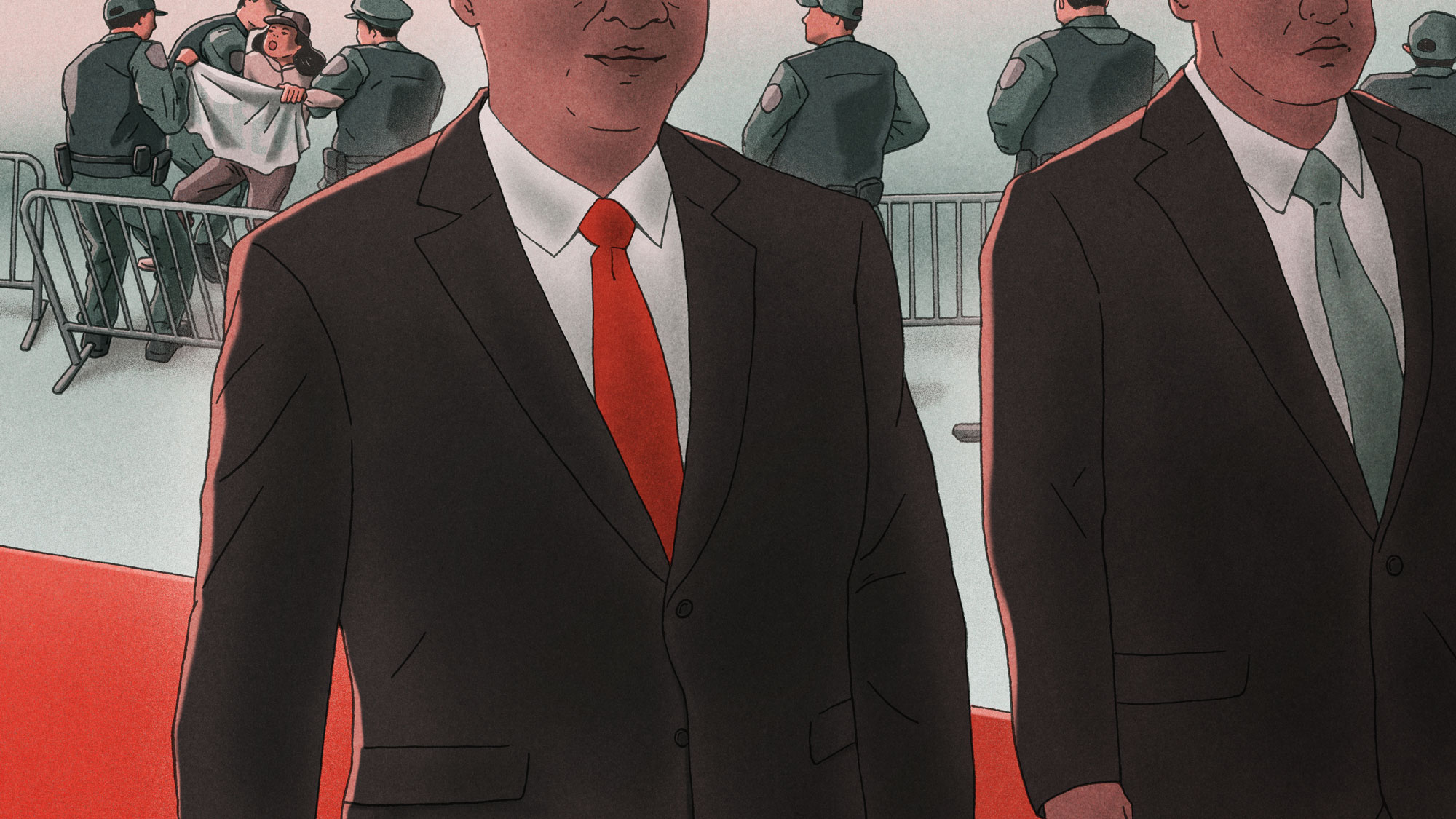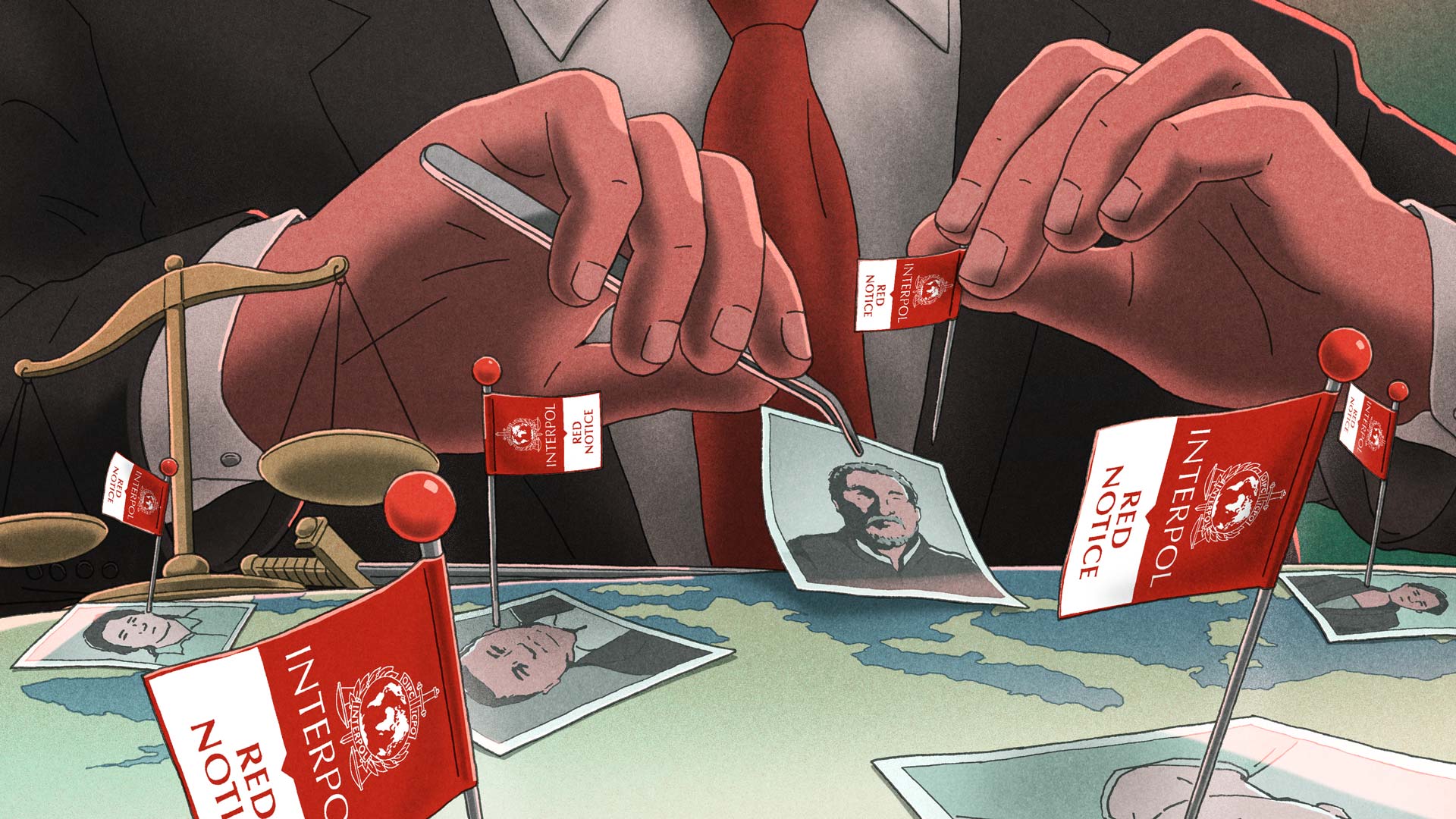Canada’s lawmakers are urging the government to implement a recently adopted law against foreign interference following reports by the International Consortium of Investigative Journalists, CBC News and other media partners that the Chinese government has targeted dozens of Chinese dissidents living in Canada and other countries over the last decade.
Jenny Kwan, a member of the left-leaning New Democratic Party who herself is an “evergreen” target of the Chinese government according to Canada’s intelligence agency, told ICIJ media partner CBC News that countering transnational repression has become an urgent matter.
“In light of the CBC investigation and the reports that have now come out, you would think that this would be a priority for the government,” Kwan, who was born in Hong Kong, said in an interview. “But so far, I have yet to hear the prime minister say foreign interference, transnational repression is a top priority for them.”
Bloc Québécois lawmaker Alexis Brunelle-Duceppe echoed Kwan’s concerns. If the government doesn’t act, he said, it will be “very dangerous” because it will send China the message that “you can do whatever you want, we won’t move.”
China Targets, an ICIJ-led investigation in collaboration with 42 media partners worldwide, exposed how Chinese authorities as well as Chinese Communist Party supporters and other government-backed individuals and organizations use surveillance, pressure on family members, hacking and other tactics to target regime critics living overseas.
The investigation, based on interviews with 105 targets along with internal Chinese government records spanning two decades, revealed a coordinated, systematic and global effort by the Chinese government to neutralize dissent in all its forms.
At the same time, ICIJ found, many democratic countries’ intelligence and law enforcement agencies lack adequate expertise to deal with cases involving China’s repression and pressure tactics inside their borders.
Last year, the Canadian parliament adopted a bill known as the Countering Foreign Interference Act, which criminalized “foreign-influenced intimidation, threats or violence” and mandated the creation of a foreign agent registry and a foreign influence commissioner’s office — measures that have not yet been implemented, CBC reported.
“It’s now time for action,” Michael Chong, a member of the conservative party who currently serves as shadow minister for foreign affairs, told the Canadian outlet.
“We’ve had more than enough reports, public inquiries, commissions that have highlighted this transnational repression and foreign interference,” Chong said.
Recently published findings of a government-appointed panel known as the Public Inquiry into Foreign Interference in Federal Electoral Processes and Democratic Institutions identified China as “the most active perpetrator of foreign interference targeting Canada’s democratic institutions.”
The leader of the inquiry, Justice Marie-Josée Hogue, wrote in the final report that transnational repression was a “genuine scourge,” but acknowledged that the commission in charge of the inquiry lacked a mandate to fully investigate the issue — a missed opportunity, according to critics.
‘Kill the chicken to scare the monkey’
Canada-based targets interviewed by CBC and ICIJ said they don’t have faith in the ability of the authorities in their adopted countries to help in any meaningful way and that the international community should do more to protect dissenting voices.
Yao Zhang, a China-born accountant-turned-political influencer, said China’s strategy follows an old saying: “Kill the chicken to scare the monkey,” which refers to the idea of targeting one person to scare the whole community.
Last year, after publicizing her support for a Taiwanese political party that defends Taiwan’s independence — one of China’s top taboos — Zhang’s personal details, including some that only a government agency would know, were published on a Chinese website that lists people considered disloyal to Beijing. She later became a victim of an online smear campaign that used artificial intelligence to create and distribute fake, sexually explicit images of her. Canadian authorities attributed the sophisticated campaign known as “spamouflage” to the Chinese government.
Zhang said China’s offensive against dissidents requires a strong response from democratic nations.
“If the international community protects people like us more, it’s harder for them [the Chinese government] to really reach us,” she told ICIJ.
“When my voice gets lost, it’s not just me, it’s a lot of people who will say ‘the International community can’t protect me. Even if I live in Canada, China can reach me. China can catch me.’ And that fear, that restriction of your thought, that’s really dangerous for the whole world.”
Many victims of China’s transnational repression declined to talk to CBC reporters for fear of reprisals against them or their families in China and Hong Kong. Among them is a Canadian parliamentarian, Joseph Tay, a Hong Kong native who is wanted by the city authorities for “incitement to secession” and “collusion with a foreign country” to endanger national security. He is one of 19 Hong Kong pro-democracy activists for whom the city government has posted a $130,000 bounty for help in forcing their return. Hong Kong police recently took in some of Tay’s family members for questioning. When approached for comment by the CBC, Tay declined.
The Chinese Embassy did not reply to CBC News’ comment requests. In response to China Targets, during a press conference in April, a representative of the Chinese government rejected the allegations of transnational repression as “groundless.”







